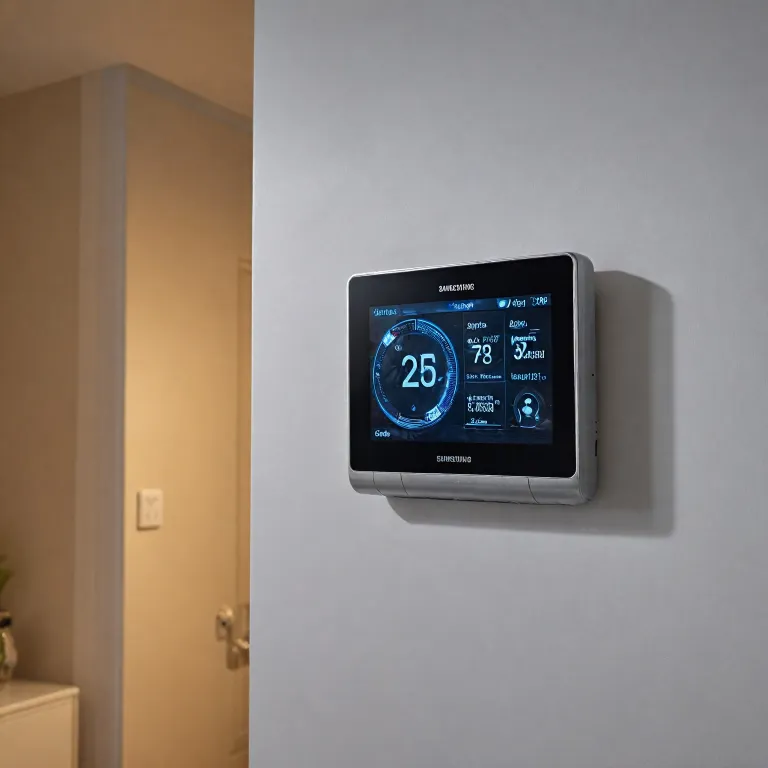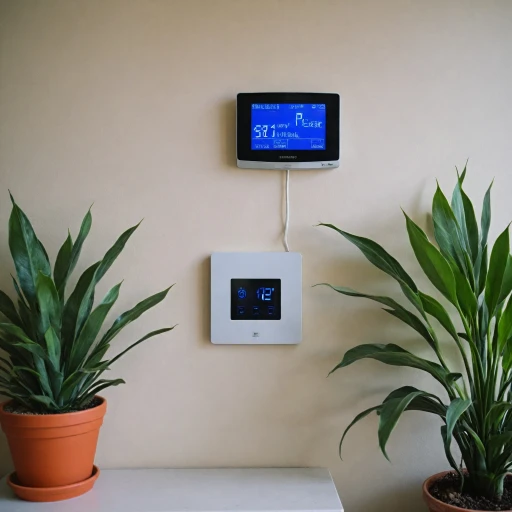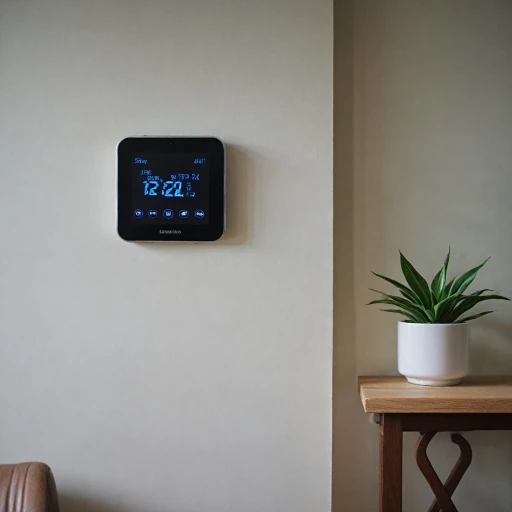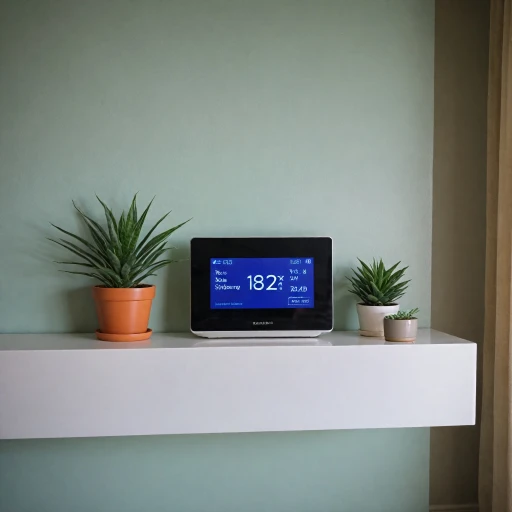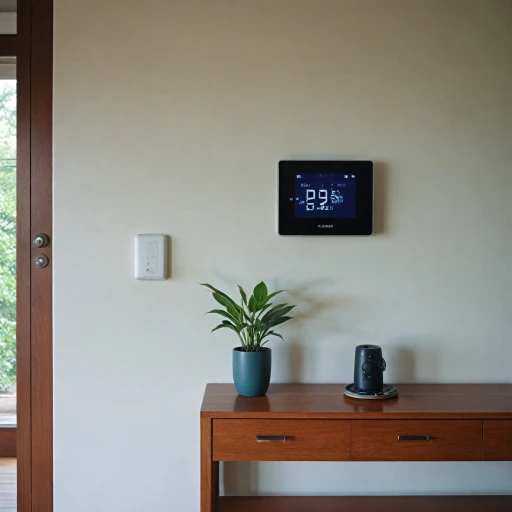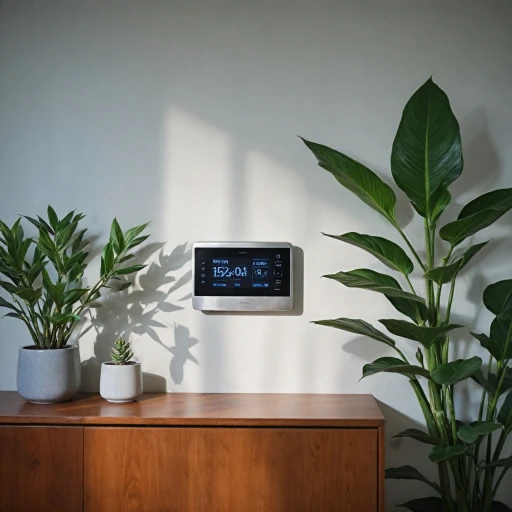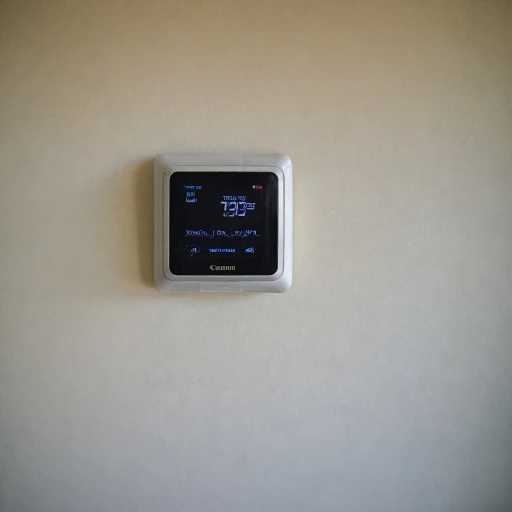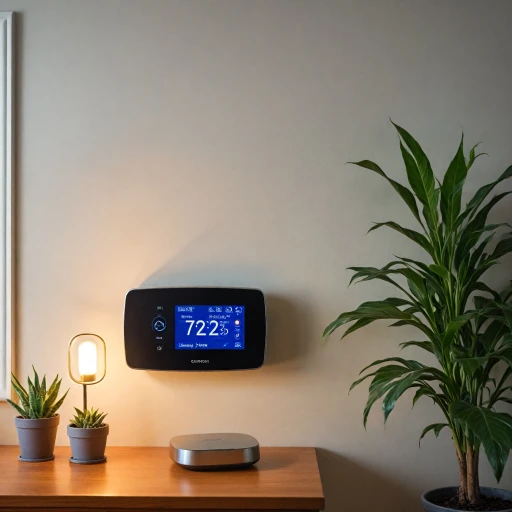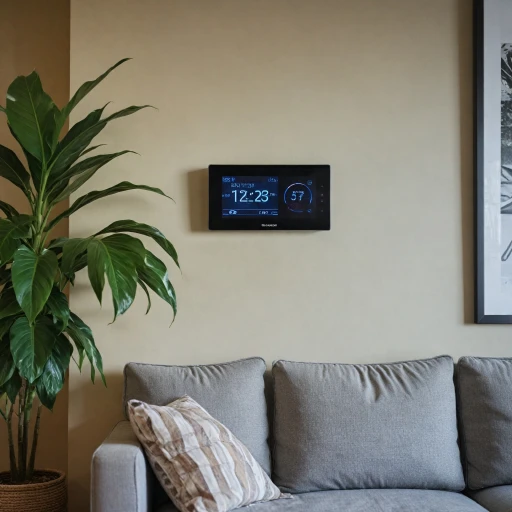
What is a Boiler Controller?
Unveiling the Functionality of Boiler Controllers
Boiler controllers are integral components of modern heating systems, efficiently managing the temperature and flow of air and water to ensure optimal performance. They serve as the brain of the boiler, providing precise control over various parameters. These controllers adjust the boiler's operation, whether it's a hot water boiler, steam boiler, or water boilers, by monitoring controls and maintaining the desired pressure and water level for efficient heating.
The primary function of boiler controls is to ensure the boiler's safe and efficient operation. By automating the switching process, they maintain a steady flow of hot water or steam, adapting to daily changes in temperature and demand. This empowers users to manage their heating systems effectively while reducing energy consumption and costs.
With advancements in technology, many modern boiler control systems offer features benefits like real-time monitoring and remote access through connected boiler applications. This level of control is especially valuable in homes with medium to high demand for heating, allowing homeowners to adjust the system with the flick of a switch.
To delve deeper into how these systems enhance energy efficiency, you can explore Boiler Controller Features which discuss the myriad ways they contribute to savings and comfort. Additionally, understanding how these controllers integrate with smart home systems can offer further insights into creating a connected, intelligent home environment.
How Boiler Controllers Enhance Energy Efficiency
Enhancing Energy Efficiency Through Advanced Control
Efficiency is the cornerstone of any smart thermostat, and boiler controllers play a pivotal role in this domain. Acting as the brain of the heating system, they manage the key aspects of the boiler, including water flow, temperature, and pressure. By doing so, they optimize energy usage throughout the day, offering a path to energy savings.
A primary function of boiler controllers is maintaining the optimal water level. In steam boilers, for instance, low water can cause serious issues including overheating—something every homeowner would want to avoid. With a well-calibrated boiler controller, you can ensure that the water and steam levels are maintained at a safe, efficient range.
Another significant contribution to energy efficiency is the temperature control feature. By allowing precise adjustments, these controllers can adapt to medium high and low heating demands, thereby minimizing energy wastage. Some models also offer real-time monitoring of the boiler system, which means adjustments can be made instantly to maintain the desired comfort level while reducing unnecessary energy expenditure.
Moreover, many modern controllers add advanced features benefits like automatic air pressure regulation and steam flow control. By smartly managing these elements, the system can operate at premium efficiency, minimizing the cost per lbs of steam produced.
For those considering the implementation of a smart thermostat with boiler control features, exploring the Nest Learning Thermostat could be a beneficial choice. Known for its adaptive learning capabilities, this thermostat can elevate your heating system’s efficiency significantly.
Integration with Smart Home Systems
Connecting Your Boiler to a Smart Home Network
Integrating boiler controllers with smart home systems can significantly enhance the convenience and efficiency of heating systems. Ensuring that your boiler control is connected to your home network allows you to manage temperature and flow with greater precision.
- Real-time monitoring and control: When connected, users can view details such as pressure, water level, and temperature of both water and steam boilers via compatible apps. This capability provides valuable insights into the boiler's functioning, enabling timely interventions.
- Automation Features and Benefits: Many boiler controllers offer features that allow for automated adjustments based on your daily routines, ensuring optimal heating levels when required and reducing energy use when not. This function not only enhances comfort but also contributes to overall energy efficiency.
- System Compatibility: With numerous models on the market, it's crucial to check product details to ensure compatibility with your existing heating system. Some controllers work seamlessly with various boiler systems, from steam to hot water, while others might need specific protocol compliance.
- Seamless Integration with Smart Devices: Boiler controllers that integrate smoothly with smart home ecosystems offer centralized control through a single interface, typically your smartphone or hub. This integration simplifies the control of multiple systems, including air conditioning and heating.
Choosing the ideal smart thermostat to complement your boiler's internet connection can drastically enhance your home's overall energy management. Moreover, when the integration is effectively executed, the system ensures a harmonious flow of air and water, optimizing both comfort and efficiency. For more details on the best devices to achieve this, explore an in-depth analysis on the benefits of the Sensi Wi-Fi Thermostat.
Choosing the Right Boiler Controller for Your Home
Finding the Ideal Controller for Your Heating System
Selecting a boiler controller that suits your home requires careful consideration of several factors. The boiler plays a pivotal role in maintaining the temperature and overall comfort of your home. Whether you're dealing with a steam boiler or a hot water boiler, the controller must be compatible with your system type. Here's a quick guide to help you make an informed decision:- Boiler Type: First, confirm the type of boiler you have. Many boilers like steam boilers, hot water boilers, or even water boilers have specific controller requirements. Understanding whether you have a low water or steam medium high-pressure system can guide your choices.
- Compatibility with Home Systems: Look for a controller that integrates well with your existing heating systems. A connected boiler system should facilitate seamless communications, adjusting controls in real time.
- Features and Benefits: Consider the features offered by different models. Controllers that allow fine control over aspects such as air and water flow, temperature, and pressure provide an edge in terms of efficiency. Controllers with advanced settings can adapt to day-to-day variations in temperature, enhancing comfort and efficiency.
- Pressure and Water Level Controls: Ensure the controller can effectively manage the necessary controls for your specific boiler type, like the pressure and water level, to avoid potential issues such as low water levels that may interrupt your heating.
- Product Details and Specifications: Always review the product details of any controller you are considering. Pay attention to specific features like switch controls and lbs item pressure management, which can affect how well the controller integrates with your boiler system.
Common Challenges and Solutions
{"Addressing Common Problems with Boiler Controllers
When dealing with boiler controllers in smart heating systems, several challenges might arise. It's crucial to be aware of these potential issues and their solutions to maintain the efficiency and longevity of your boiler system.
- Water Level and Flow Issues: One of the common problems is maintaining the correct water level and ensuring appropriate flow in water boilers and steam boilers. Low water conditions can significantly impact the system's efficiency. Regular checks and using sensors for real-time monitoring can help manage the water level and control the flow effectively.
- Pressure and Temperature Controls: Incorrect pressure or temperature settings can lead to inefficiencies or damage to steam boilers. Ensure that the boiler control system accurately maintains the desired temperature and pressure levels. Regular maintenance and monitoring of thermostat settings can help in this regard.
- Switch and Controller Malfunctions: Over time, mechanical wear and electronics failure can affect the operation of switches and controllers. Having a reliable system in place that alerts you to controller issues is vital. Consider products that offer advanced diagnostics and alerts to address these malfunctions quickly.
- Air and Steam Integration: Balancing air and steam flow within boilers to optimize heating is another challenge. It is essential to choose boiler controls that allow for precise adjustments to manage these variables for medium to high-demand conditions.
- Compatibility with Smart Systems: Integration with other smart home products might pose compatibility issues. While choosing a boiler controller, ensure it can seamlessly connect with your existing smart system architecture.
By being proactive about these common challenges, homeowners can ensure their boiler system continues to perform efficiently, saving energy and reducing unexpected repair costs. Regular maintenance and making informed choices when selecting a boiler controller from varied model options can further enhance the reliability of your heating system.
Future Trends in Boiler Controller Technology
Advancements and Innovations in Boiler Controllers
The world of boiler controllers is constantly growing, with continuous advancements that shape the capabilities of heating systems. As technology evolves, here are some trends that are set to redefine how we control boilers:- Smart Integration: The future sees a further amalgamation of boiler systems with smart home technologies. This integration not only ensures synchronized control over the heating systems but also provides real-time monitoring capabilities, allowing homeowners to keep track of temperature, pressure, and water level from their smart devices.
- Enhanced Energy Efficiency: Newer models are expected to offer more precise controls, optimizing the flow and temperature settings to achieve energy efficiency. Innovation in steam boilers and water boilers will potentially minimize low water scenarios, ensuring safety and conservation of resources.
- Predictive Maintenance: As boiler controllers become more advanced, they are beginning to incorporate algorithms that can predict and alert users to potential issues before they become significant problems. This allows for timely repairs, preventing costly breakdowns.
- Connectivity and AI: Future boiler control systems may utilize artificial intelligence to learn household habits and adjust heating schedules accordingly, offering a custom heating experience and further reducing energy usage.
- User Experience Improvements: Expect more user-friendly interfaces and seamless user experiences as product details evolve. Controllers will become simpler to operate while providing detailed insights for users who wish to dive deep into their heating system's performance.

